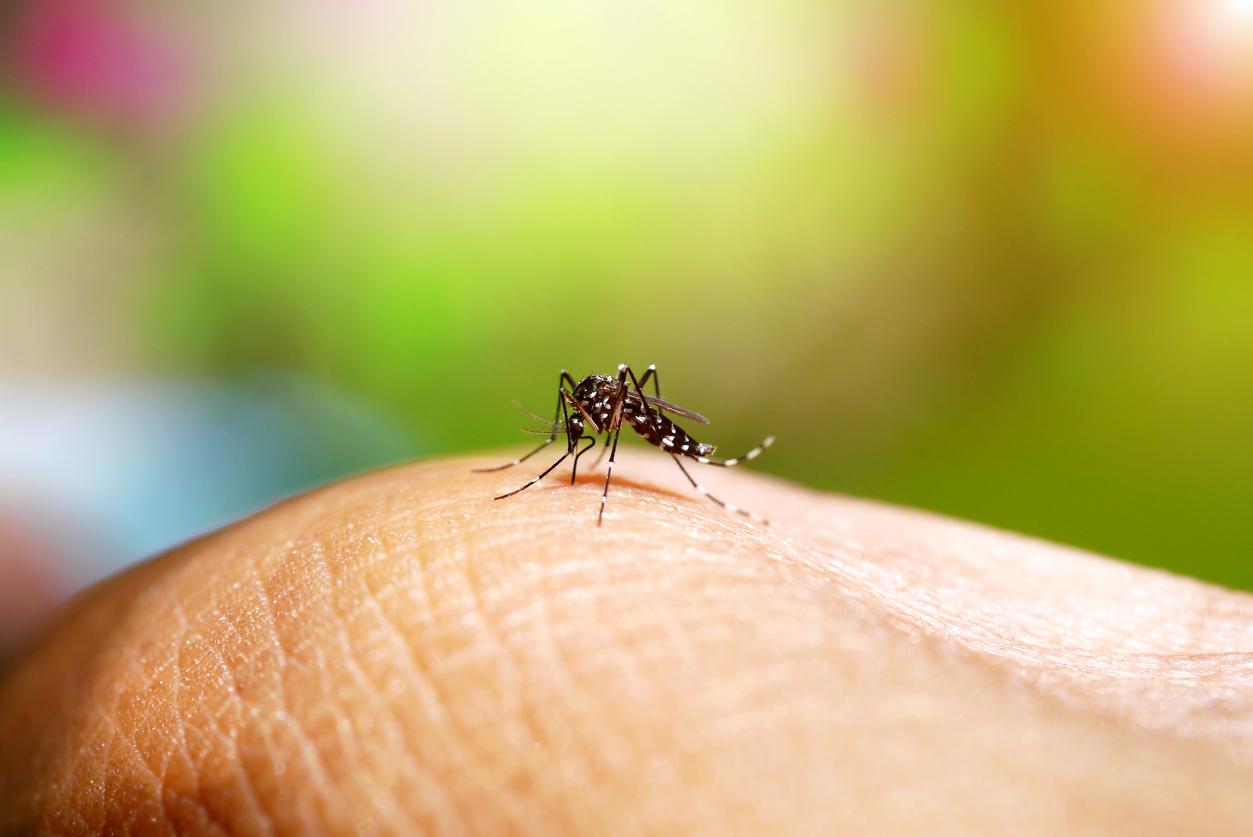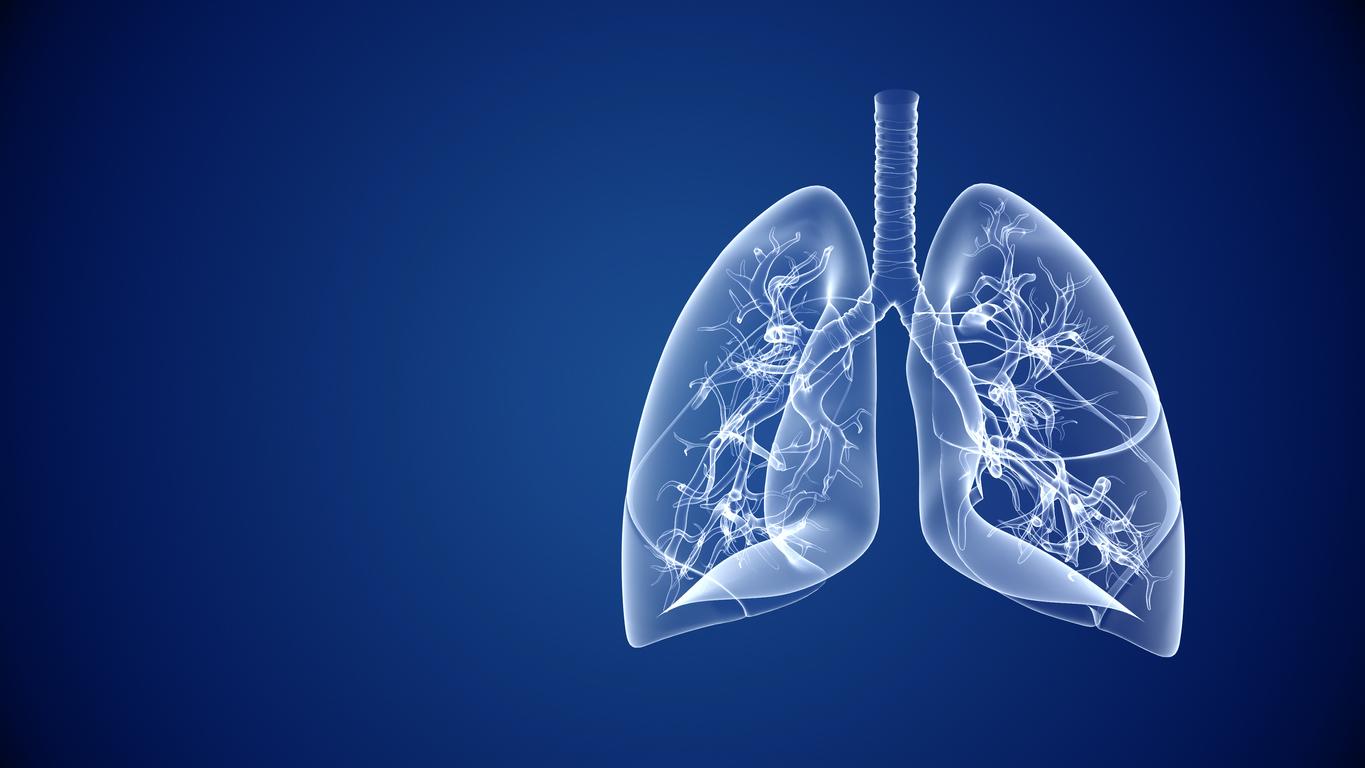An American study has observed that smokers are more likely to contract a viral infection due to a coronavirus or another virus that causes respiratory illness.

- In 2020, three out of ten adults aged 18 to 75 said they smoked, according to a barometer from Public Health France.
- Each year, there are around 75,000 deaths related to smoking in France.
Smoking promotes the appearance of various serious pathologies. Smoking can notably increase the risk of lung cancer, cardiovascular disease and chronic obstructive pulmonary disease (COPD). Several studies have also indicated that smokers are at higher risk of developing a severe form of Covid-19.
Recent research led by scientists at the UC Davis Comprehensive Cancer Center (USA) recently indicated that smoking increases the risk of severe Covid-19, but also the risk of contracting a viral infection due to coronavirus or another virus. This study was published in review Nicotine and Tobacco Research.
“Smokers have an increased risk of viral infection”
“Previous research has shown that smoking increases the risk of COVID-19 disease severity, but the risk of infection was less clear (…) The results of our study show that smokers have an increased risk of viral infection , including coronavirus and respiratory illness,” explained Melanie Dove, co-author of the study and tobacco researcher at UC Davis.
To reach these conclusions, the researchers analyzed data from the British Cold Study (BCS), a study conducted from 1986 to 1989. In this research, 399 healthy adults were exposed to five “common cold” viruses. “. Among them was the common coronavirus (coronavirus 229E) which was identified before the novel coronavirus (SARS-CoV-2 virus).
Nearly 1 in 2 smokers have a higher risk of developing a respiratory disease
The American researchers then calculated the specific risks linked to the coronavirus and those associated with other infectious diseases for participants who smoke. Results: 12% of the volunteers had an increased risk of contracting a viral infection and 48% of the risks of being diagnosed with a respiratory disease.
However, this study is observational, that is to say that the American scientists examined information given by the participants. For example, people infected with a respiratory disease who quit smoking just before testing or hospitalization were often recorded as non-smokers or former smokers. Smoking was therefore not taken into account for these participants.
The study’s leaders, however, believe that their findings support tobacco control efforts. “These findings may have implications for addressing population-level smoking as a strategy for preventing coronavirus infection”pointed out Elisa Tong, co-author and professor in the Department of Internal Medicine at UC Davis.
















